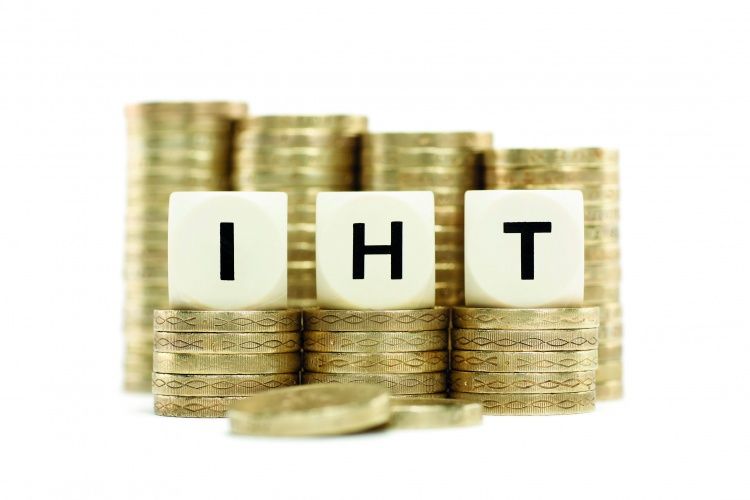“I don’t think the adviser community is happy about the government’s inheritance tax (IHT) rule,” Strategic Wealth Partners managing director Amyr Rocha Lima has said.
Lima made these comments yesterday (9 October) at the Money Marketing Interactive conference in London.
During the Autumn Budget 2024, chancellor Rachel Reeves announced that most unused pension funds and death benefits would be added into the value of a person’s estate for IHT purposes from 6 April 2027.
At the end of September, TWM Solicitors research showed that charitable donations in wills have surged to £980m, a £20m increase from the previous year.
The private wealth and family law firm attributed this rise to individuals increasingly using these gifts as a tool to reduce their IHT liabilities.
Gifts to registered UK charities are exempt from IHT, making them an effective way to support good causes while also lowering tax bills.
Also, frozen IHT thresholds causing more estates to become liable for the tax, an increasing number of people are turning to charitable donations.
Estates that donate 10% or more of their net value to charity benefit from a reduced IHT rate of 36%, down from the standard 40%.
AJ Bell head of public policy Rachel Vahey cautioned against pension gifting, however.
Vahey said: “Your pension is there to provide an income and if you gift a lot of it away and go on cruises and live to 93. You could run out of money.”
Nucleus technical services director Andrew Tully discussed whether purchasing an annuity is a good alternative to try and circumvent these issues.
Tully added: “An annuity is a perfectly good contract, but only for the right person under certain circumstances.”
Still, the IHT rules are “very complicated”, Tully said.
Data published by the FCA in September revealed that the overall value of money being withdrawn from pension pots has increased to £70,876m in 2024/25 from £52,152m in 2023/24, an increase of 35.9%.
RBC Wealth Management wealth planner Andrea Tarasheva said: “Before last year’s Autumn Statement, those with significant non-pension assets, such as cash, Isas, property and other investments, would have viewed their pension as a pot of last resort, a sum to be passed to their children or other beneficiaries free from inheritance Tax – but not until their death.
“Through this lens, wealthier pension investors have, until now, typically been able to take a higher degree of risk to target better long-term returns on money held in pensions set aside for their family, which was often an investment with a very long-time horizon and so they felt comfortable to take the risk.
“This would typically translate into a greater allocation to equities within large pensions.
“However, the proposal to remove the inheritance tax exemption from April 2027 has turned this on its head. Many individuals are now thinking about whether they should be extracting funds and putting this money to work in their lifetimes, whether that be spending it in retirement or gifting to family members sooner.
“That being said, many will be waiting until the tax changes come into effect before they start making withdrawals as their pensions are currently exempt from inheritance tax.”

